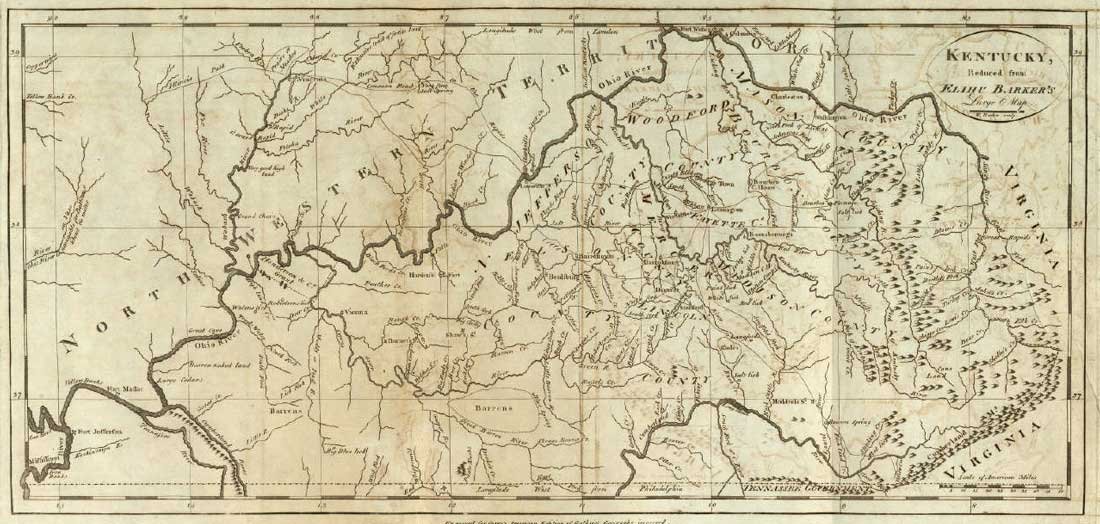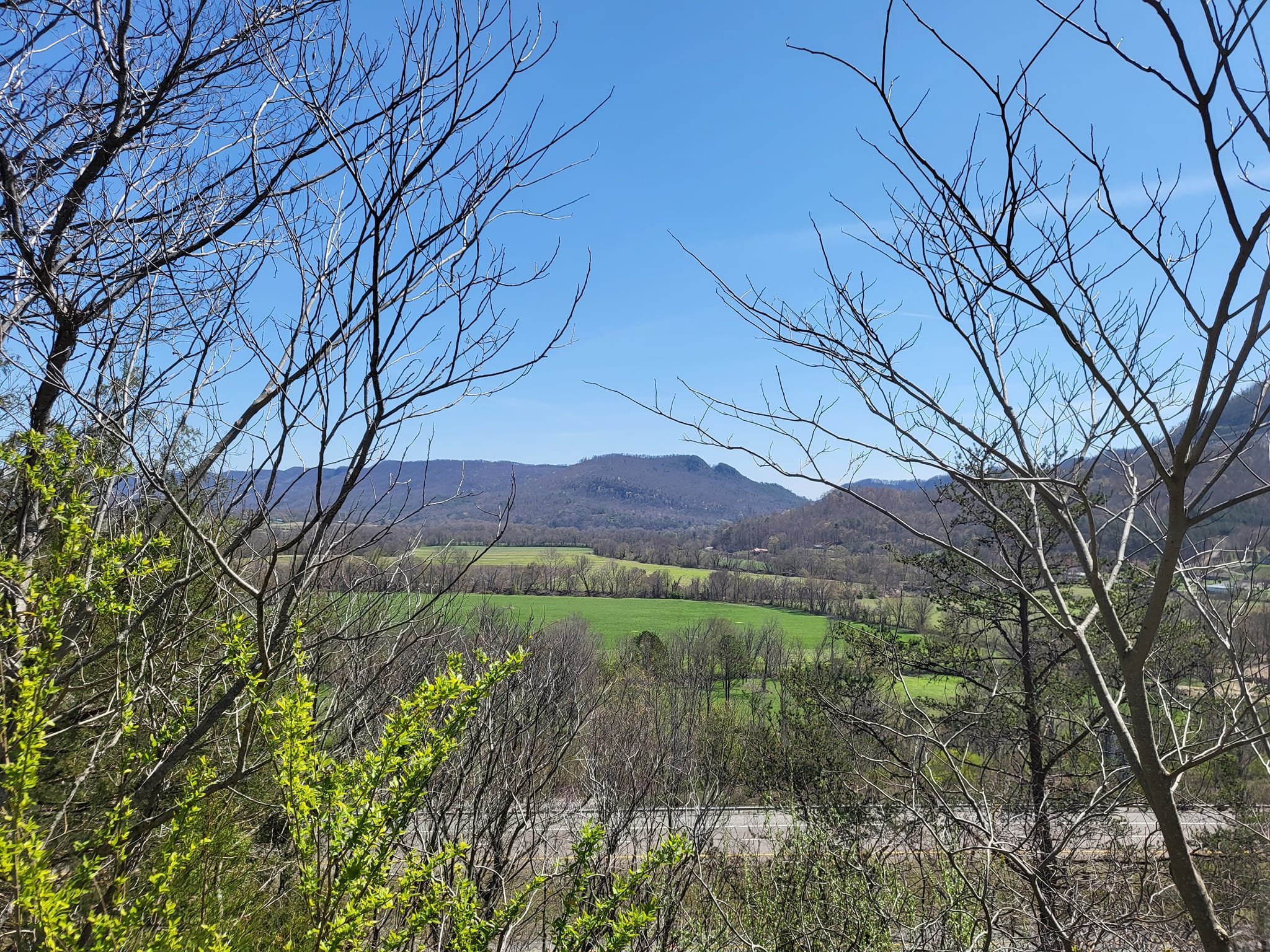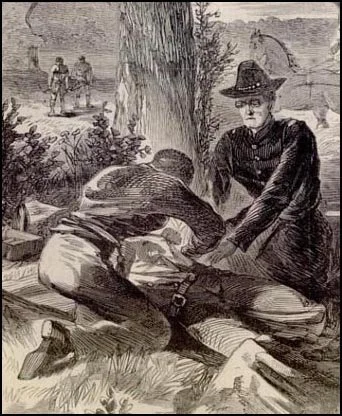
Kentucky’s First Taste of Civil War
October 21, 1861 | Laurel Co., KY
Confederate forces under the command of Felix Zollicoffer attacked Federal positions at Camp Wildcat along the Wilderness Road. In the resulting action, Zollicoffer was defeated and forced back into Tennessee. This victory was one of the first Union victories in Kentucky and provided a much-needed morale booster to the North.
-
After learning that Zollicoffer’s Confederate army defeated a Federal force at the Battle of Barbourville, Union General George H. Thomas dispatched Union forces under Colonel Theophilus T. Garrard to occupy a position near the Rockcastle River in the Wildcat Mountains.
Soon, Garrad established a base of operations known as Camp Wildcat. By October, Zollicoffer’s forces neared Garrard’s positions forcing the latter to call for reinforcements. Soon a brigade under the command of Albin F. Schoepf was sent to Garrard.
-
Early in the morning of October 21st, Schoepf moved four companies of the 33rd Indiana Infantry to occupy what was later known as Hoosier Knob, a bald hill overlooking the Wilderness Road. Around 9:00 a.m., Confederate skirmishers ran into the Hoosiers and quickly reported their presence to Zollicoffer.
At about 9:30 a.m., the Confederates launched their attack up Hoosier Knob, the 17th Tennessee spearheading the assault. Repulsed, the Confederates launched another attack at noon, only to be turned back once again by the Federals.
-
Realizing his men could not dislodge the Federals, Zollicoffer decided to retreat down the Wilderness Road to Cumberland Gap. This victory was one of the first in Kentucky and provided a boost to Northern morale.
Battle Facts
TROOPS AT WILDCAT
UNION
33rd Indiana Infantry
1st Kentucky Cavalry
3rd (7th) Kentucky
Volunteer Infantry
17th Ohio Infantry
14th Ohio Infantry
38th Ohio Infantry
1st Ohio Light
Artillery, Battery B
1st East Tennessee Infantry
2nd East Tennessee Infantry
Kentucky Home Guard
CONFEDERATE
15th Mississippi Infantry
11th Tennessee Infantry
17th Tennessee Infantry
20th Tennessee Infantry
29th Tennessee Infantry
2nd Tennessee Cavalry
Tennessee Artillery Corps
Kentucky Significance
Prior to the battle, Colonel Theophilus T. Garrard was tasked with moving into the area and defending it from a Confederate attack. The 7th Kentucky Infantry (US) and the 1st Kentucky Cavalry (US) made up part of his command. In the days after establishing Camp Wildcat, Kentucky Home Guard units arrived and bolstered Garrard’s numbers. The 1st Kentucky Cavalry fought along Hoosier Knob during the battle and helped repulse the Confederate attacks. The 7th Kentucky and the Home Guard units repelled the Confederate advance along the Wilderness Road.
Federal Significance
During the fall of 1861, Confederate forces under the command of Felix Zollicoffer advanced deep into southeastern Kentucky. After defeating a Federal force at the Battle of Barbourville in September, Zollicoffer’s forces advanced up the Wilderness Road. Union General George H. Thomas feared Zollicoffer might capture Lexington. To prevent this, Thomas dispatched forces to defend a crossing of the Rockcastle River near the Wildcat Mountains, blocking the Confederate advance.
Disease was More Deadly than Bullets
Although casualties on both sides were low due to the heavily wooded terrain and the inexperience of both Union and Confederate soldiers - the aftermath of the battle proved more deadly than the assault itself.
Twelve of 21 Union prisoners taken by General Zollicoffer died within six months. Measles and fever took a heavy toll. The 33rd Indiana alone lost at least 50 men to sickness and hundreds of others were reported ill within a few weeks of the battle.
Following the Battle of Camp Wildcat, the war lasted four more years across the country.





